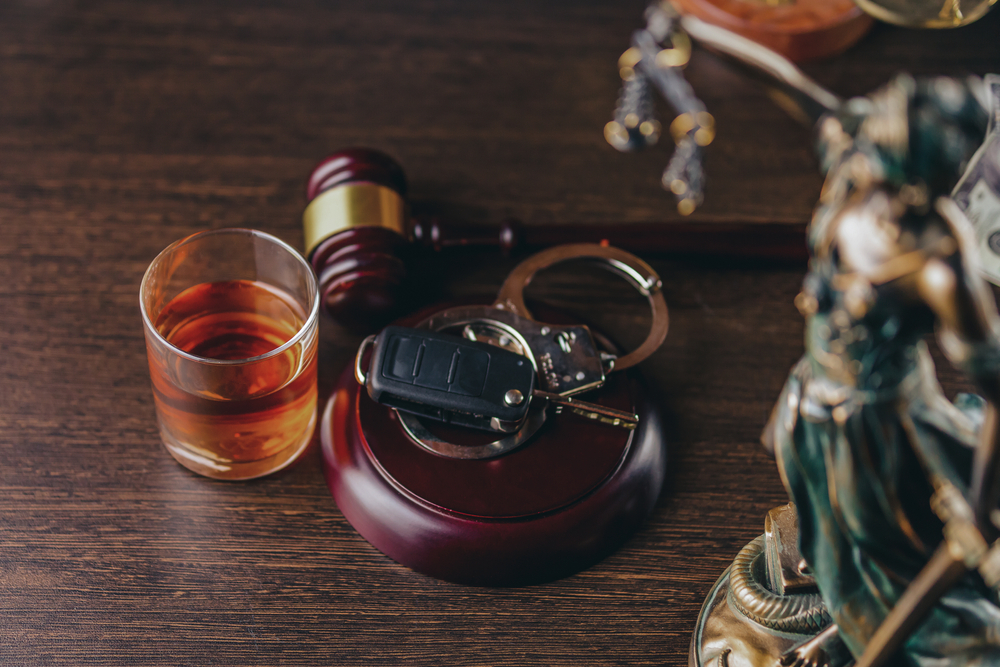
If a person is driving a motor vehicle while intoxicated and causes an accident resulting in severe injuries to another individual, they may be charged with intoxication assault. This serious charge can lead to jail time, steep fines, and a loss of driving privileges upon an offender’s conviction. Therefore, if you have been arrested for intoxication assault, it is crucial to consult with our legal team at the Law Offices of Randall B. Isenberg as soon as possible.
We promise to do our best to help you avoid harsh criminal penalties while protecting your rights and freedom. We will promptly perform a comprehensive investigation, collect evidence, and determine if you should be held responsible for your accident. We will then devise a solid defense strategy seeking to reduce the charges and penalties, get your case dismissed, or secure your acquittal.
What Is Intoxication Assault?
In Texas, intoxication assault is described as causing serious bodily injury to another person due to operating a vehicle while under the influence of drugs or alcohol. This is a third-degree felony, and penalties upon conviction include 2-10 years in prison and up to a $10,000 fine.
Please note that if you were involved in a car accident while drinking and driving, this does not automatically mean you will be charged or convicted of intoxication assault. Per Texas Penal Code § 49.07, the following must apply for an offense to be deemed intoxication assault:
- Another person (driver, passenger, cyclist, pedestrian, etc.) must have suffered a serious bodily injury.
- Your intoxication and related actions must have been the cause of the accident and the other person’s injuries.
For example, suppose you were drinking and driving and another driver running a stop sign collided with your vehicle. In this case, you should not be facing intoxication assault charges, even if another individual sustained injuries in the accident. You might be charged with a DWI (driving while intoxicated), but you should not be blamed for any injuries if the accident was not your fault.
How Do We Challenge the Prosecution’s Arguments?
Intoxication assault cases aren’t as straightforward as they may first appear. To convict you of intoxication assault, the prosecution must prove that you are guilty as charged and that the following factors are true:
- You were legally intoxicated when the accident occurred.
- The alleged victim suffered serious bodily injury due to the accident.
- Your intoxication caused the accident.
As defense attorneys, we analyze the facts of the case as they apply to the law to deconstruct criminal charges factor by factor. In addition, we have access to experts with the knowledge and experience needed to challenge flawed evidence in intoxication assault cases, including improperly administered or mishandled tests, mislabeled samples, poor toxicology work, shoddy accident scene analysis, etc.
We will thoroughly examine every critical aspect of your case and work with third-party professionals when needed to help us formulate the most effective defense possible.
What Is Intoxication?
Intoxication is often determined based on a person’s blood alcohol concentration (BAC) level, which can be estimated using a breathalyzer or blood test. As in most states, a BAC of .08% is the legal limit to drive in Texas. In addition, legal or illicit drug use can also constitute intoxication, as supported by field sobriety tests that determine if a driver is experiencing physical or mental impairments.
If the prosecution cannot prove that you were genuinely intoxicated, their entire case may fall apart due to insufficient evidence. For example, this can happen if BAC tests were not administered correctly or if breath or blood samples may have been subject to contamination.
What Is Serious Bodily Injury?
Texas Penal Code describes a “serious bodily injury” as one that “creates a substantial risk of death or that causes serious permanent disfigurement or protracted loss or impairment of the function of any bodily member or organ.”
This means a prosecutor must also demonstrate that the victim’s injuries were, in fact, serious in nature and meet the general criteria set by the law. This may require photographic evidence, medical records, and testimony from health providers. Bruises, minor cuts, and mild soreness don’t count.
More Important Considerations
- Don’t assume you are off the hook if you weren’t arrested immediately at the scene. In some instances, police may delay charging someone for intoxication assault while they wait for BAC blood test results or other reasons. If you suspect you may be under investigation for a drinking and driving-related charge, please contact a defense attorney for immediate help. In the meantime, do not speak with law enforcement about the incident until you have retained legal counsel who will advocate for your best interests.
- A civil lawsuit may also be in your future. When a person is injured in a traffic accident for which they were not at fault, they may seek a personal injury claim to recover damages. They will likely have their own attorney to help them collect compensation from you or your insurer. When this occurs, the alleged victim may have denied sustaining injuries at the scene but “discovered” them later. Then, they may conveniently decide to file a lawsuit seeking money in the following months.
- Aside from loved ones who need to know, don’t tell anyone anything about the incident except your attorney. For example, avoid talking to an insurance claims adjuster about the details of your accident, and do not post anything on social media. Instead, let your attorney aid you in handling any pending criminal cases or lawsuits.
Consult With a Corinth Intoxication Assault Lawyer Today
If you have been arrested in Texas for intoxication assault, you are urged to consult with an attorney who can help you fight the charges and protect your rights. At the Law Offices of Randall B. Isenberg, our legal professionals know how to handle the ins and outs of drinking and driving-related cases and develop an effective defense. Please contact us today for a free, confidential case review.










